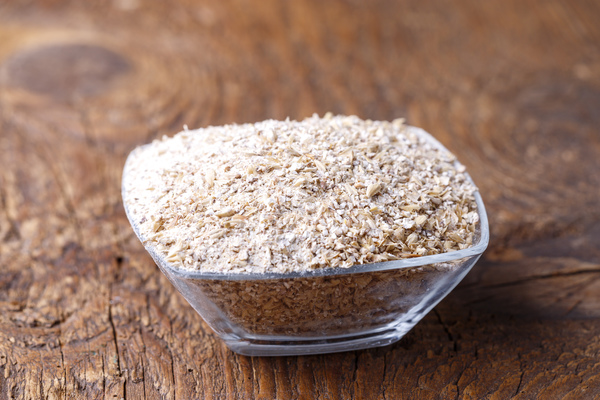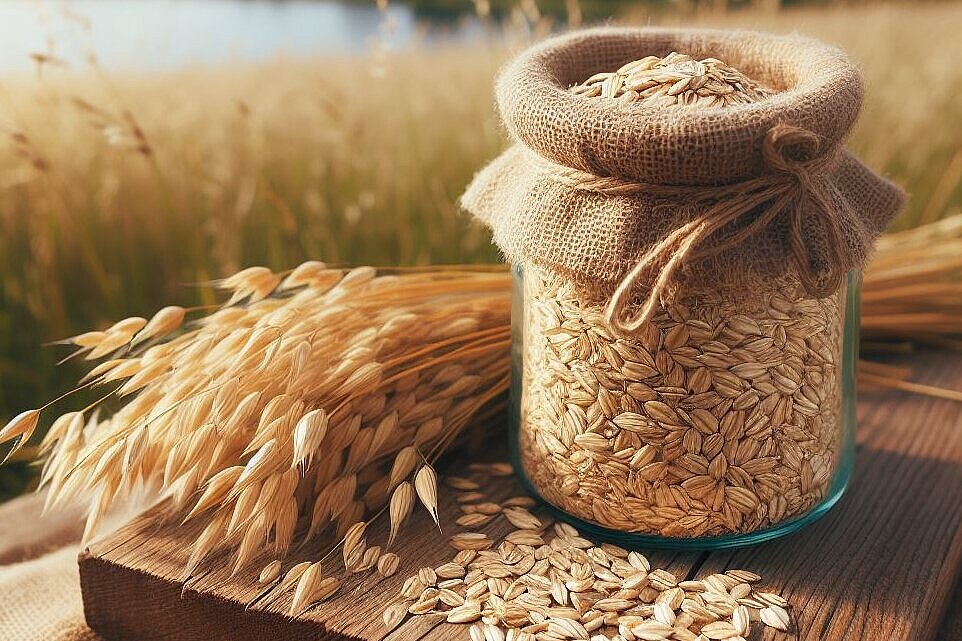Spelt malt

What is spelt malt?
Spelt is an ancient cereal that belongs to the sweet grass family and is related to wheat. However, it is more robust and resistant to pests and diseases than wheat and therefore requires fewer pesticides or herbicides. Spelt also has a higher nutrient content than wheat and contains more protein, fiber, vitamins (especially B vitamins) and minerals (such as iron, magnesium, zinc or copper).
Spelt malt is made from spelt grains, which are first soaked and then allowed to germinate. The germination process activates enzymes that convert the starch into sugar. The sprouted grains are then dried and roasted, which gives them their typical malt aroma. They are then ground or crushed and can be further processed. Spelt malt is mainly used as an ingredient for beer or bread, but also as a dietary supplement for humans and animals.
What are the benefits of spelt malt for dogs?
Spelt malt can have several benefits for your dog's health and well-being. On the one hand, it provides your dog with valuable nutrients that it needs for its vitality and immune system. On the other hand, it can also have positive effects on his digestion, as it contains fiber, which can support the intestinal flora and improve the consistency of his stool. Spelt malt can also stimulate your dog's appetite if, for example, he is ill or stressed and not eating well.
Another advantage of spelt malt is that, unlike wheat malt, it contains less gluten. Gluten is a gluten protein that can lead to intolerances or allergies in some dogs. This can manifest itself in skin problems, itching, diarrhea or vomiting, for example. If your dog has a gluten intolerance or allergy, you should not give him wheat malt, but rather gluten-free alternatives such as corn, millet or rice malt. Although spelt malt is not gluten-free, it is often better tolerated than wheat malt.
What are the disadvantages of spelt malt for dogs?
However, spelt malt also has some disadvantages that you should be aware of before giving it to your dog. Firstly, it contains a relatively high amount of sugar, which is produced from the starch. This can lead to obesity or diabetes in dogs if fed in excessive quantities. Sugar can also promote tooth decay or tartar, which in turn can lead to gum inflammation or toothache.
On the other hand, spelt malt also contains alcohol, which is produced during fermentation. Although this is not harmful to dogs in small quantities, in larger quantities it can lead to symptoms of poisoning. These can include vomiting, diarrhea, shortness of breath, convulsions or unconsciousness. If your dog consumes too much alcohol, you should consult a vet immediately.
How much spelt malt can my dog have?
There is no general recommendation on how much spelt malt you can give your dog. It depends on various factors, such as your dog's weight, age, state of health and activity level. You should also pay attention to how much sugar and alcohol the spelt malt you use contains. In general, however, spelt malt is only suitable as a supplement and not as a main food for dogs. You should therefore only feed it in small quantities and not on a daily basis.
One possible guideline is that you should not give your dog more than 1 gram of spelt malt per kilogram of body weight per day. This means, for example, that a dog weighing 10 kilograms should be given a maximum of 10 grams of spelt malt per day. This corresponds to about one teaspoon. If you buy spelt malt as a powder or flakes, you can simply mix it into the food or give it as a treat. If you buy spelt malt as a syrup or extract, you can drizzle it over the food or dilute it with water and offer it as a drink.
Spelt malt is a cereal product consisting of germinated, kilned and ground spelt grains. It is mainly used as an ingredient for beer or bread, but also as a dietary supplement for humans and animals. Spelt malt can have some benefits for dogs, such as providing nutrients, stimulating appetite or aiding digestion. However, it also has some disadvantages, such as the high sugar content, the low alcohol content or the possible intolerance to gluten. You should therefore only feed spelt malt to your dog in small quantities and not on a daily basis.
If you notice any signs of hypersensitivity or poisoning in your dog, you should see your vet immediately. We are not a substitute for a vet, but we try to be as accurate as possible. Every dog reacts differently and we recommend you get a second opinion or consult your vet if in doubt.
Stay healthy and take good care of your four-legged friend!😊
Similar to Spelt malt
Barley malt is obtained from barley. Barley is a type of grain and is one of the oldest cultivated plants known to mankind. To produce barley malt, the barley is first soaked and then allowed to...
Rye malt is produced through a process called malting. The rye is soaked in water and allowed to germinate. After five to seven days, germination is stopped by gentle drying. This step is called...
Wheat malt is made from quality wheat that is moistened to germinate. This produces enzymes that break down the starch and protein in the grain. The wheat is then dried again to stop the germination...
Oat malt is a cereal product made from oat grains that are first soaked and then allowed to germinate. The germination process activates the starch and enzymes in the oats, which break down and...



